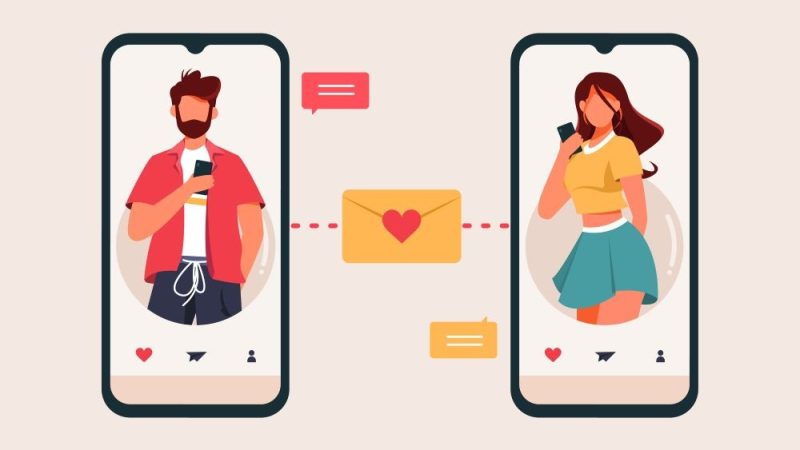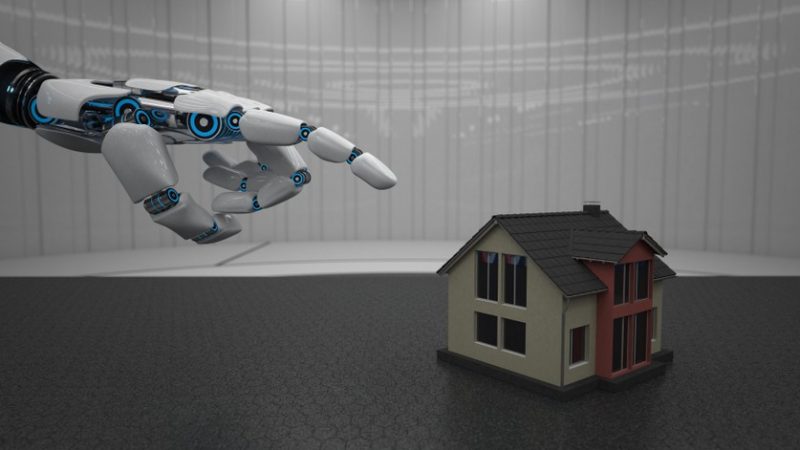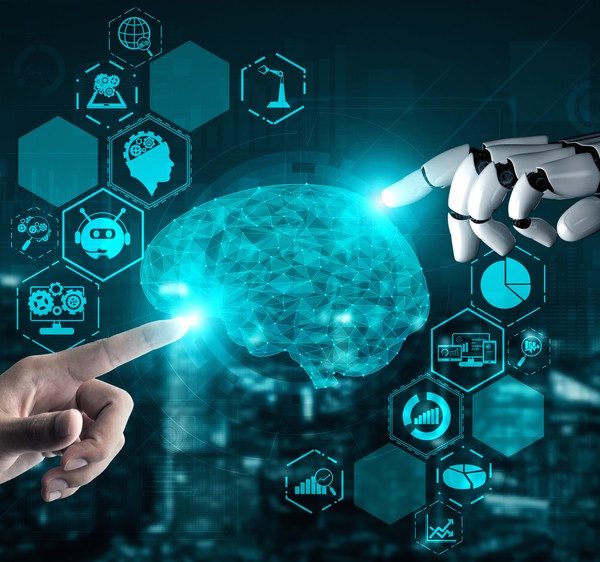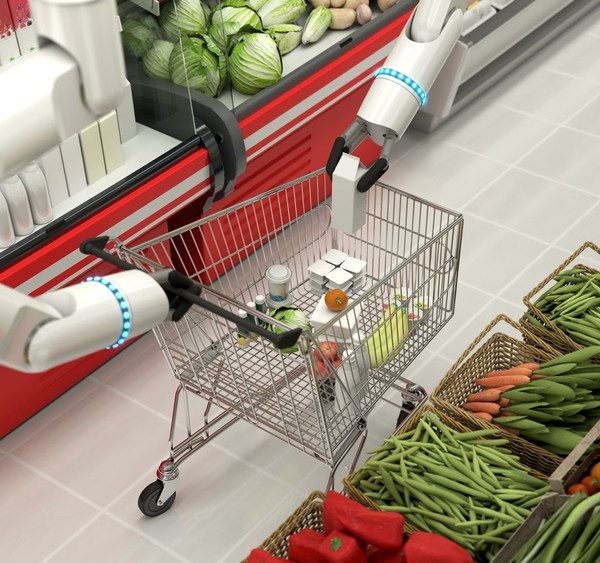
How Does Starbucks Use Artificial Intelligence for Better Results
Starbucks, the global coffee giant, is utilizing the power of Artificial Intelligence (AI) to innovate and transform the way they do business. With Deep Brew, their AI and Machine Learning (ML) program, Starbucks is taking their customer experience to new heights. Let’s take a closer look at how Starbucks is leveraging data to create value for both the brand and customers.
Read Also: What is Machine Learning?
Starbucks’ Data Transformation
Starbucks’ data journey began in 2011 with the launch of their mobile app. The app was initially intended as a loyalty program, but it quickly evolved into much more. The app became a hub for customers to find menus, store locations, and hours of operation. The data collected from the app allowed Starbucks to understand customer preferences, popular store locations, and peak hours of operation.
Fast forward to today, and Starbucks’ digital flywheel strategy has four components – a reward program, personalization, payment, and ordering. The digital innovation at Starbucks has been instrumental in driving growth and creating loyal customers through the use of data.
Deep Brew: Starbucks’ AI-Based Platform
Launched in 2019, Deep Brew is Starbucks’ AI-based platform that helps the brand to personalize customer experience, optimize store labor allocation, and manage inventory in stores. Deep Brew is responsible for driving the brand’s personalization engine, allowing Starbucks to offer a tailored experience to its customers.
Personalization is one of the key drivers of customer loyalty, and Deep Brew helps Starbucks to understand customer preferences better. The data collected from Deep Brew enables Starbucks to make personalized product recommendations, offer customized promotions, and create unique experiences for customers.
Optimizing store labor allocation is another critical function of Deep Brew. With more than 100 million customer occasions across 78 markets, it’s essential for Starbucks to have perfectly orchestrated processes. Deep Brew uses AI and ML to optimize store labor allocation, ensuring that customers receive quick and efficient service.
Managing inventory in stores is another area where Deep Brew is making a difference. By using AI and ML, Deep Brew helps Starbucks to predict inventory needs and prevent out-of-stock situations. This ensures that customers can always get their favorite beverage or snack when they visit a Starbucks store.
How Starbucks Uses Data Analytics and AI to Enhance Customer Experience
Starbucks is not just a coffee shop; it is an experience. The brand has become synonymous with quality coffee, innovative products, and a personalized customer experience. However, what many people do not know is that this renowned coffee chain owes much of its success to data analytics and artificial intelligence (AI). Starbucks has been leveraging these technologies to create value out of customer data and drive innovation. In this article, we will explore how Starbucks has been using data analytics and AI to enhance customer experience, drive innovation and stay ahead of the competition.
Maximizing Customer Lifetime Value
Coffee brands face intense competition, and Starbucks is no exception. Therefore, the company executives realized that maximizing customer lifetime value (CLV) was going to be the key to achieving unbeatable competitive advantage. CLV is a measure of the total amount of money a customer is expected to spend at a business during their entire relationship with that business. It is influenced by the average purchase price per customer per visit, the number of visits per customer per year, and the average customer lifetime. By using data analytics, Starbucks was able to maximize customer lifetime value while reinventing its brand offerings.
Personalized Recommendations
One of the ways Starbucks uses data analytics is by providing personalized recommendations to customers. By collecting and analyzing vast amounts of data on customer spending and preferences, the coffee company can offer a unique experience to each customer. Starbucks analyzes past orders and patterns, allowing the app to suggest food and beverage choices, as well as sending tailor-made deliveries. This personalized experience builds a deeper connection with customers, who are delighted that the brand caters to their preferences.
Real-time Triggers and Push Notifications
In addition to personalized recommendations, Starbucks also uses real-time triggers and push notifications to engage customers. By analyzing customer behavior, Starbucks sends notifications when a customer is in the vicinity of a store, or when a favorite drink is available. Starbucks also sends birthday and anniversary greetings to customers, creating a personalized and memorable experience.
Innovation and New Product Offerings
Starbucks also leverages data analytics to create new and innovative products. By analyzing customer preferences, Starbucks discovered that 43% of tea drinkers do not add sugar to their tea, and about 25% of iced coffee drinkers do not add milk to their beverage when consuming it at home. Using this insight, Starbucks developed two unsweetened ice tea K-cups – Mango Green Iced Tea and Peachy Black Tea. Additionally, they created pumpkin spice caffe latte and iced coffee without milk or added flavors. By using data analytics to create new products, Starbucks can stay ahead of the competition and meet the evolving tastes and preferences of its customers.
Using Data and AI to Open New Starbucks Store Locations
Starbucks is one of the largest coffee chains in the world, with thousands of locations in over 80 countries. However, the company’s expansion is not simply a matter of opening new stores wherever they can. Instead, they rely on data and AI to determine where the best locations for new stores are.
Forecasting Revenue with AI
Using flywheel data, Starbucks can predict the revenue potential of potential new store locations. This data takes into account a variety of variables, including income levels, traffic patterns, and the presence of competitors in the area. By analyzing this information, Starbucks can identify areas that offer the greatest potential for growth and position new stores accordingly.
Personalizing the Drive-Through Experience
One of the ways Starbucks uses AI to enhance the customer experience is through their Deep Brew platform. With Deep Brew, Starbucks can personalize the drive-through experience, tailoring recommendations based on a customer’s past orders, the time of day, and other factors. Additionally, Deep Brew automates tasks such as inventory management and preventive maintenance on internet of things (IoT) connected espresso machines, freeing up staff to focus on providing excellent customer service.
AI as a Super-Smart Sidekick
Despite concerns about job displacement, Starbucks views AI as a tool to enhance the work of their employees, not replace them. Deep Brew acts as a super-smart sidekick to baristas, helping with inventory management, supply chain logistics, and staffing needs. By taking care of these tasks, Deep Brew allows baristas to focus on providing personalized service to customers.
The Roadmap of Deep Brew
Starbucks first became interested in machine learning and AI as a result of competitor McDonald’s acquisition of Dynamic Yield, which brought reinforcement learning and machine learning to the fast food industry. Deep Brew was born out of this need to stay competitive in a rapidly changing market. The platform has been particularly useful during the COVID-19 pandemic, allowing Starbucks to customize drive-through recommendations based on local factors and the unique personality of each store.
The Power of Deep Brew: Starbucks’ AI Platform Revolutionizes the Coffee Industry
Starbucks, a company that has built a reputation as a coffee giant, has recently been making waves in the tech industry thanks to its revolutionary AI platform, Deep Brew. Powered by Starbucks’ enterprise data analytics platform (EDAP) and its data lake that unifies all data sources, Deep Brew is able to process and analyze data that helps the company make informed decisions that drive its success.
Understanding the Inner Workings of Deep Brew
Deep Brew’s complex system involves loading data from the data lake into the platform, where it goes through a compute layer before being delivered to various touchpoints such as the mobile app, digital drive-thru, website, and social media. Although Deep Brew relies on the data and foundations that Starbucks has built, it still poses a significant challenge in terms of cross-functional cooperation.
All components of the solution must be considered, including data collection, verification, feature extraction, process management tools, and analysis tools, to ensure the success of the platform. However, unifying all the teams and helping them understand the importance of the system can be a daunting task.
Deep Brew’s Success and Impact on Starbucks
As part of Starbucks’ digital flywheel initiative, Deep Brew has proven to be a huge success. By the end of 2019, Starbucks had grown its customer base to almost 18 million, resulting in same-store sales growth of 6% in the United States. The AI platform has helped the company become a self-sustaining coffee brand that is also a data company. The more data that Starbucks collects, the better it can make business decisions to drive growth.
Moreover, Deep Brew’s radically personalized and thoughtful products have helped create a sense of belonging among customers, leading to positive sentiments towards the brand. This, in turn, allows Starbucks employees and partners to devote more time to what matters most to them: coffee and the customers. With the help of an AI-driven sidekick, they can focus on providing exceptional coffee experiences while Deep Brew handles the data analysis.
Attracting Top Talent
Starbucks’ adoption of world-class technology has also helped the company attract some of the best tech talent, even stealing away candidates who once aspired to work for tech giants. By offering a dynamic and innovative workplace that leverages AI, Starbucks is able to attract the best and brightest in the tech industry, adding value to its business and ensuring its continued success.
Read Also:
- AI in Food and Beverage Industry: Use Cases & Benefits
- AI in Food Packaging: Smart Solution for the Future
- How Does AI Impact Food Delivery?
Conclusion
Deep Brew has revolutionized the coffee industry by allowing Starbucks to become a data-driven company. The platform’s ability to process and analyze data has helped Starbucks make informed business decisions that have led to significant growth. Deep Brew has also helped create a sense of belonging among customers, allowing employees and partners to focus on providing exceptional coffee experiences. By leveraging AI technology, Starbucks has been able to attract top talent and ensure its continued success as a leading coffee brand.
























